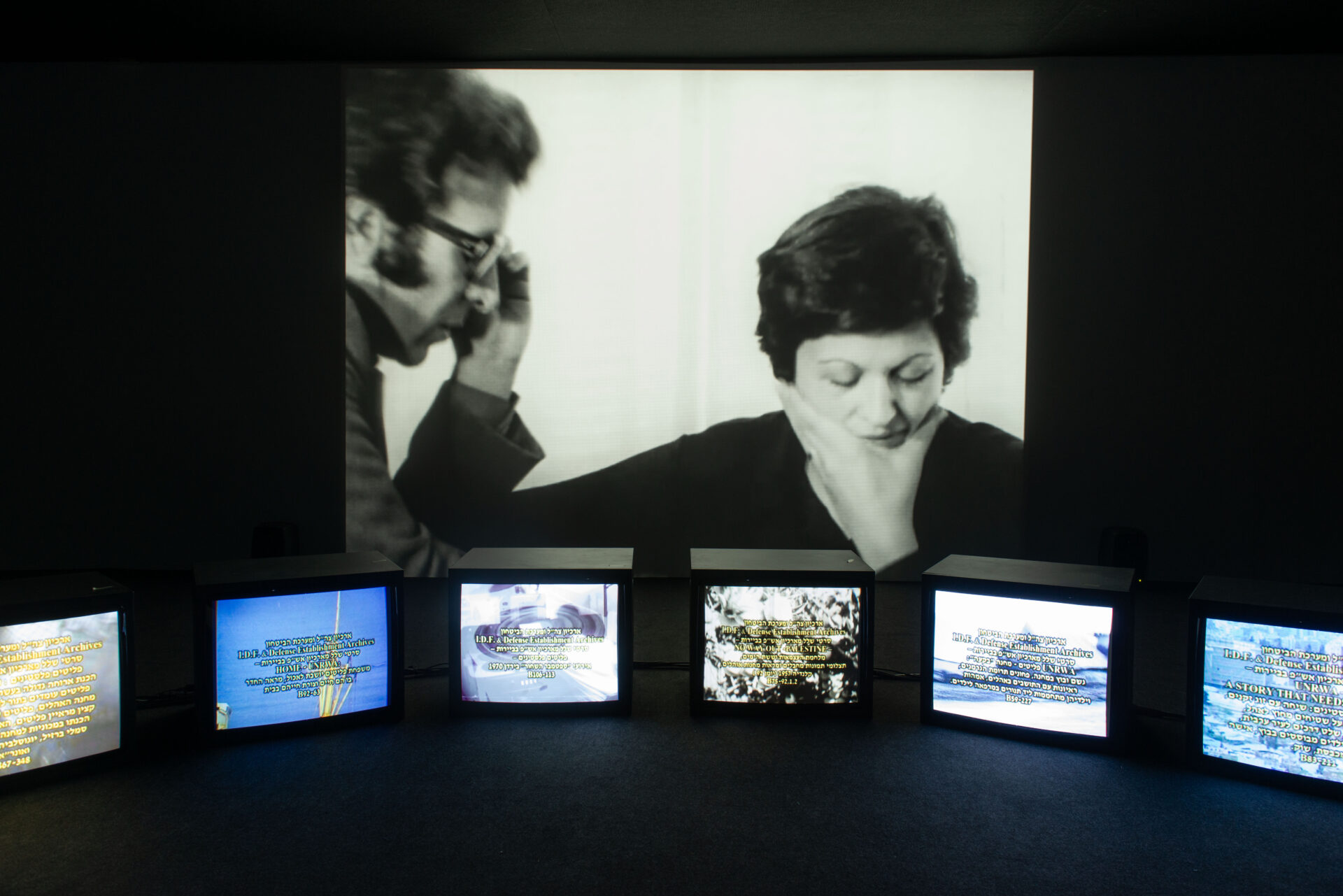
Kamal Aljafari
Kamal Aljafari’s work proceeds from a belief in and exploration of cinema’s power to bear witness. For a Palestinian artist working in the wake of the Nakba1, one this may sound like a paradoxical statement. In Israeli hands, cinema has consistently served as a tool of colonization, removing Palestinians from representations of their own landscapes and urban spaces. In that sense, as Aljafari observes, Palestinian people have been doubly uprooted – in reality as well as in cinema.
But no dispossession is ever total. Like people, pixels also resist. In Recollection (2015), Aljafari engaged in a painstaking and brilliant effort to undo what he calls “cinematic occupation.” He mined three decades of Israeli fiction films shot in Jaffa, his hometown, for what their frames unwittingly preserve: the image of the city’s architecture as it once was, and the images of many Palestinians, including his family members, who accidentally appear in the background because they happened to walk by when a scene was being shot. Armed with a trust in low resolution imagery, he uses montage and image manipulation as cine-choreographic tools to bring these silent ghosts back to the foreground, to make spectral rep – resentation emerge out of its own impossibility.
In other projects, like Port of Memory (2010), Aljafari focuses on familiar and familial spaces where, in a sort of suspended time, the repetition of daily rituals appears as a way to stave off looming catastrophe. In The Camera of the Dispossessed (2023), his project for the Bienal de São Paulo, he experiments with the installation format, using juxtaposition, montage, and visual effects to critically re-appropriate historical footage looted from the Palestinian Research Center in Beirut by the Israeli army in 1982.
omar berrada
Kamal Aljafari (Ramla, Palestine, 1972. Lives in Berlin, Germany) works with moving images, interweaving fiction, non-fiction, and art. His work has been shown at various international film festivals and institutions. In 2021, he was a jury member for the Leopard of Tomorrow section of the 74th Locarno Film Festival (Switzerland). He was a featured artist at the Robert Flaherty Film Seminar (New York, USA) and was a Fellow at Harvard University’s Radcliffe Institute and Film Study Center.
1. The Arabic term Nakba means “catastrophe” or “disaster” in English, and refers to the Palestinian exodus of 1948, when more than 700,000 Palestinian Arabs, according to data from the United Nations (UN), fled or were expelled from their homes due to the civil war of 1947-1948 and the Arab-Israeli War of 1948. Source: Houaiss/Wikipedia. [e.n. ]

 Português
Português